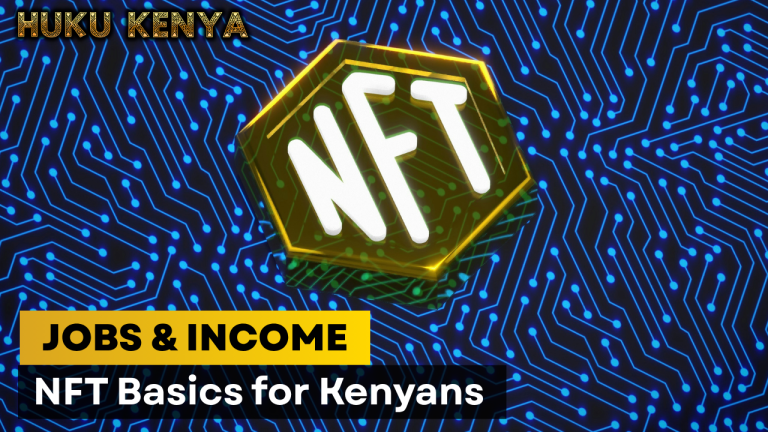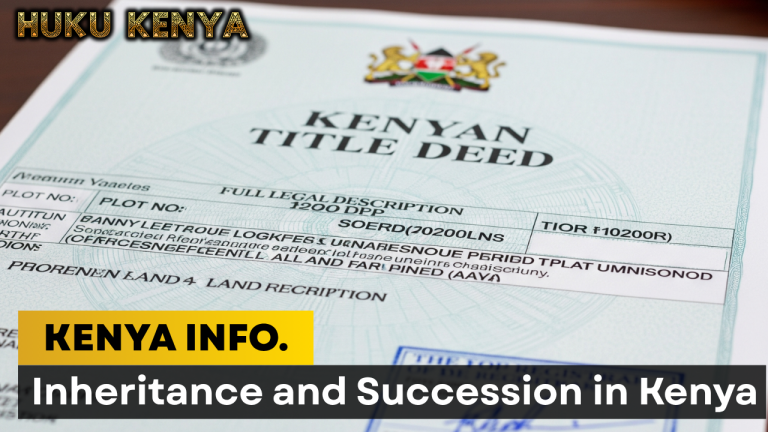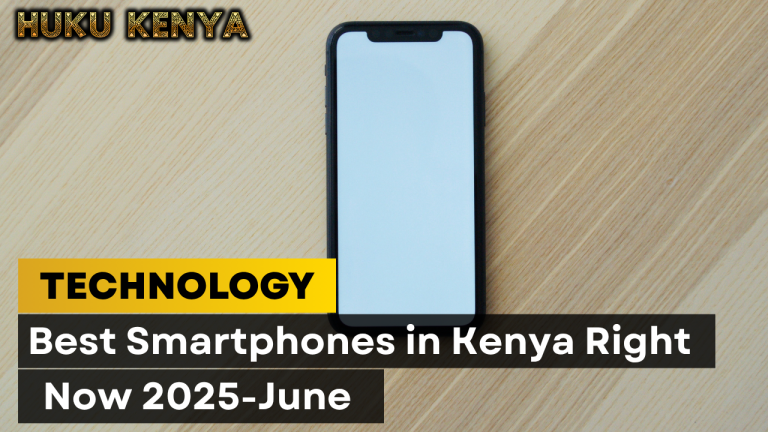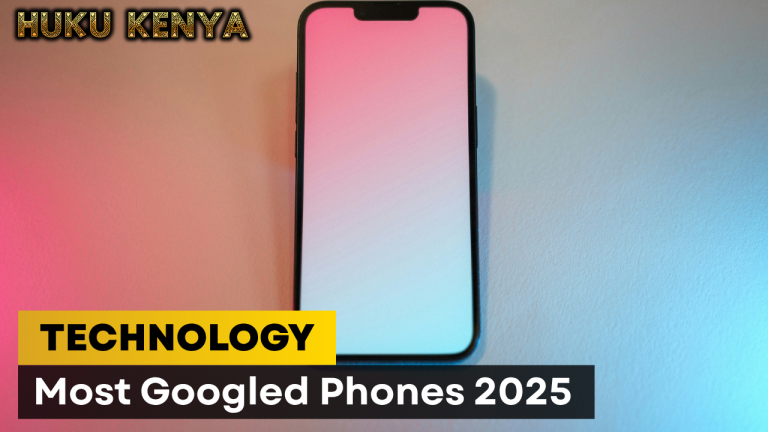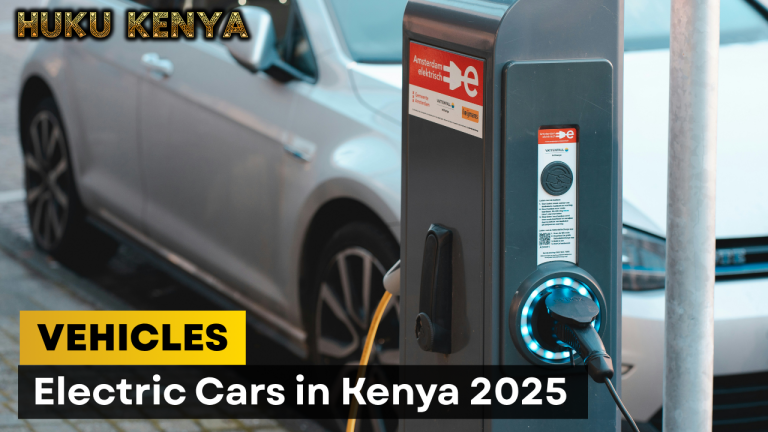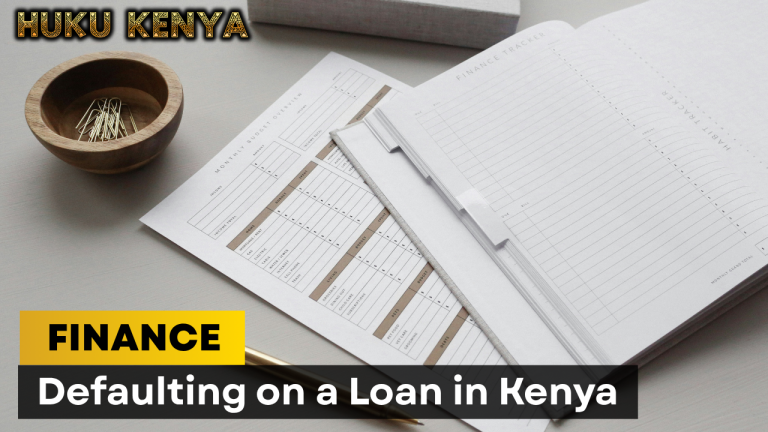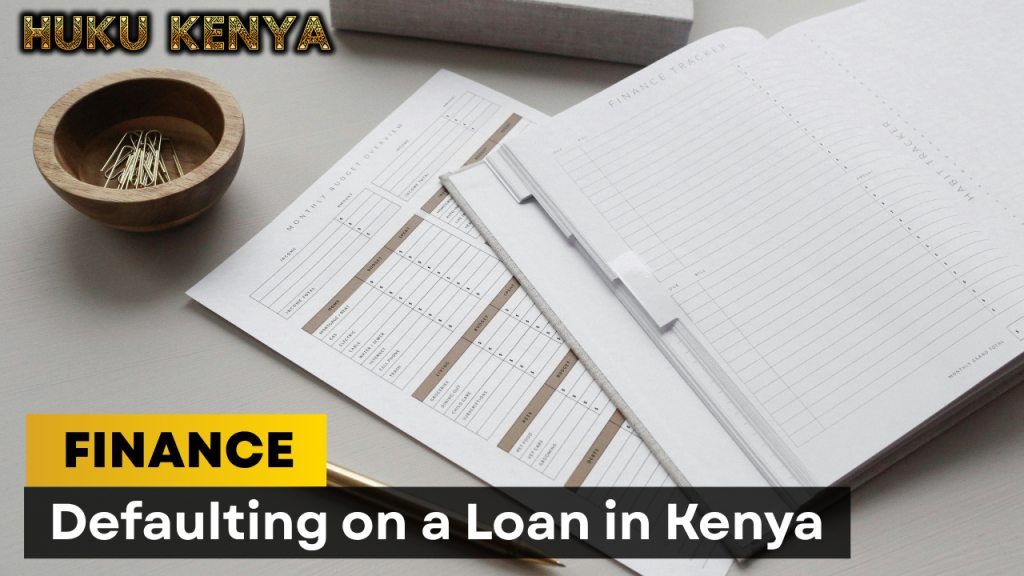
Your rights, risks, and the legal process behind CRB listings, repossessions, and debt recovery in 2025
Defaulting on a loan is stressful—but it’s not the end of the road. Whether you’ve missed a mobile loan repayment or fallen behind on a mortgage, Kenya’s legal framework provides clear procedures and protections for both borrowers and lenders.
Let’s unpack what happens when you default, what lenders can and cannot do, and how to navigate the process legally and confidently.
1. What Is Loan Default?
A loan default occurs when a borrower fails to meet the agreed repayment terms—whether it’s missing one installment or failing to repay the full amount by the due date.
Types of default:
- Technical default: Breach of non-payment terms (e.g. failure to maintain insurance or provide financial statements)
- Payment default: Failure to pay interest or principal on time
In Kenya, most lenders consider a loan in default after 30 days of non-payment, though mobile lenders may flag defaults after just 7–14 days.
2. What Happens First: CRB Listing
a) What is CRB?
The Credit Reference Bureau (CRB) is a licensed agency that tracks your credit history. Lenders report your repayment behavior to CRBs like TransUnion, Metropol, and Creditinfo.
b) When Can You Be Listed?
- A lender must give you 30 days’ written notice before submitting your name to the CRB
- You must be informed of the reason for listing and the amount owed
- You have the right to dispute incorrect listings
c) What Are the Consequences?
- Lower credit score
- Difficulty accessing new loans, SACCO credit, or mobile lending
- Employers and landlords may check your CRB status
d) How to Clear Your Name
- Repay the outstanding loan
- Request a CRB clearance certificate (usually KSh 2,200)
- CRBs must update your status within 3 days of receiving payment confirmation
3. What If You Secured the Loan with Property?
If your loan is secured by land, a house, or a car, the lender has the legal right to repossess and sell the asset—but only after following strict procedures under the Land Act, 2012 and the Auctioneers Act.
a) The Legal Repossession Timeline
- 90-Day Notice of Default
- Issued under Section 90 of the Land Act
- Must specify the default, how to fix it, and the consequences
- Gives you 90 days to repay or restructure
- 40-Day Notice to Sell
- Issued under Section 96
- Informs you that the lender intends to sell the property
- Must be served to you, your spouse (if married), and any co-owners
- 45-Day Redemption Notice
- Issued by a licensed auctioneer
- Gives you a final 45 days to repay before public auction
- Must include a valuation and be served in writing
b) What If the Lender Skips These Steps?
- You can file for an injunction in court to stop the sale
- Courts have ruled that failure to serve proper notices invalidates the auction
- The burden of proof is on the lender to show notices were served
4. What About Mobile Loans and Digital Lenders?
In 2025, digital lenders are regulated under the Central Bank of Kenya (Amendment) Act, 2021 and the Business Laws (Amendment) Act, 2024.
a) Your Rights
- Lenders must be licensed by CBK
- They must disclose total cost of credit before disbursement
- They cannot access your contacts, photos, or messages without consent
- They must not harass, threaten, or shame you during recovery
b) What’s Illegal?
- Sending threatening SMS or WhatsApp messages
- Calling your employer or relatives to shame you
- Using abusive or profane language
- Charging hidden fees not disclosed in the loan agreement
These practices are now banned under Section 53(2) of the Microfinance Act, as amended in January 2025.
5. Can You Be Sued or Arrested?
a) Civil Suit
- A lender can sue you in Small Claims Court (for debts under KSh 1 million) or the High Court
- If judgment is entered against you, the court may issue:
- Warrants of attachment (to seize property)
- Garnishee orders (to deduct from your salary or bank account)
b) Arrest?
- You cannot be arrested for defaulting on a civil loan
- However, if you issued a bounced cheque or committed fraud, you may face criminal charges
6. What Are Your Legal Options?
- Negotiate a repayment plan with the lender
- Request a restructuring or moratorium
- Seek mediation through the Financial Ombudsman (if available)
- File for insolvency protection under the Insolvency Act (for businesses or individuals)
Final Word
Defaulting on a loan in Kenya triggers a legal process—not a death sentence. You have rights, timelines, and remedies. Whether it’s a CRB listing, a repossession notice, or a debt collector’s call, the law requires fairness, transparency, and due process.


